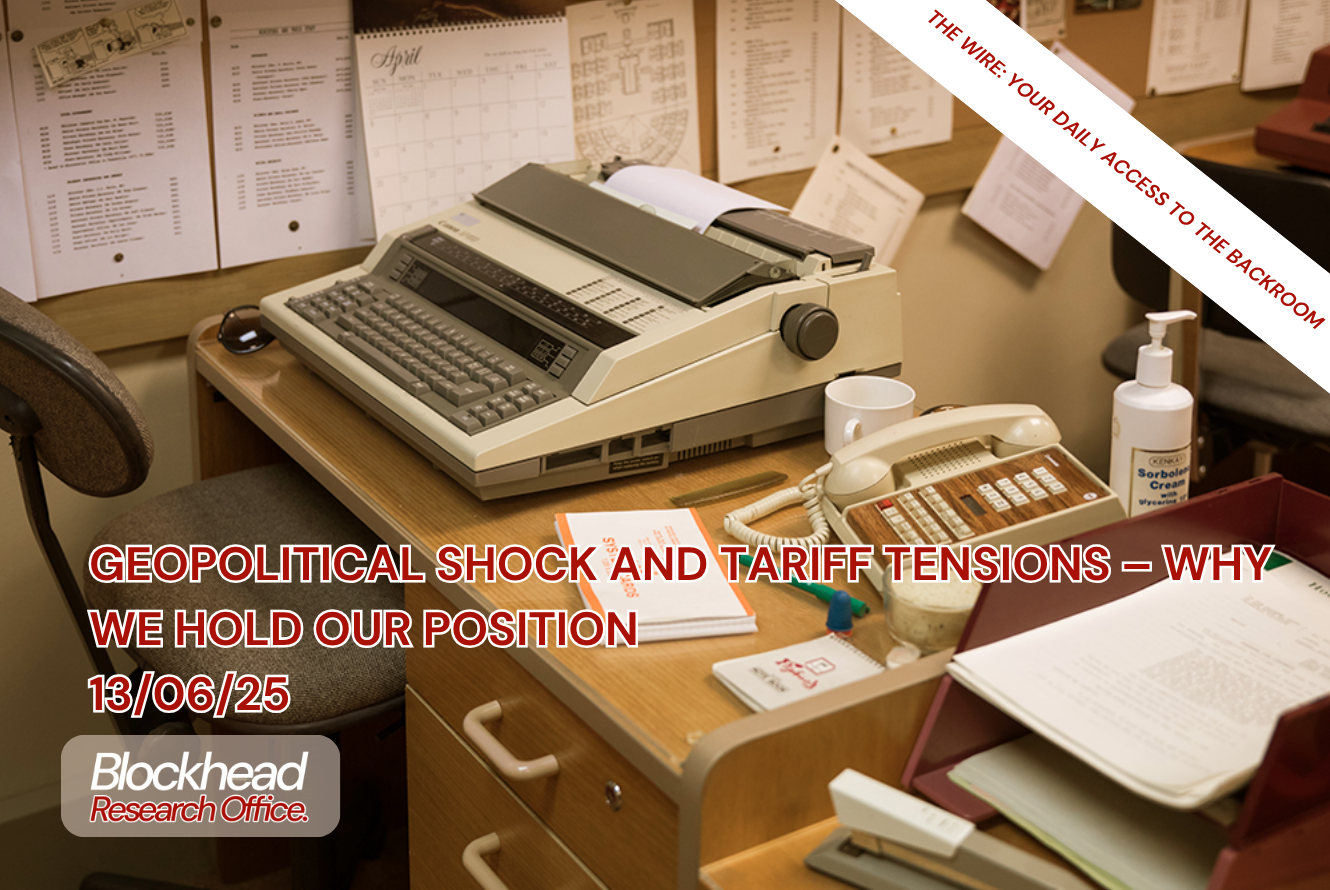Stablecoin Supply Breaches $250 Billion After Circle's Bumper IPO



Stablecoins hold significant potential as the transformative solution the cryptocurrency sector has sought to bring blockchain technology into the mainstream.
Digital tokens linked to the dollar are gaining traction; financial institutions and technology firms are rapidly embracing them, and now major tech companies are poised to join the trend.
Amidst this euphoria, the total supply of stablecoins just broke the $250 billion mark. The milestones show a stablecoin supply of $2 billion or more in 7 days. In 30 days, $7 billion, and $45 billion so far in 2025.
Less than a week has passed since Circle, the company behind the USDC stablecoin, saw a sharp increase in value after its initial public offering.
In the past, a surge in stablecoin production indicated that new investors were purchasing cryptocurrency. However, something has changed in the last 12 months.
Money entering the on-chain financial system began on the periphery, like most new systems do, with emerging nations, speculators, and grey markets like prediction markets betting big on stablecoins.
Nevertheless, the world is starting to wake up now that the major stablecoin issuers are profitable. The recent forecast from the US Treasury Department indicates that the total supply of stablecoins may potentially reach $2 trillion.
Visa , Mastercard , and Stripe are incorporating stablecoin payments into their systems, with leading financial institutions introducing their proprietary stablecoins.
All this comes against a backdrop of instability in the traditional financial system.
As capital shifts from traditional to digital formats, this will establish a beneficial cycle, making the tokenization of assets the most straightforward option.
With the allure of stablecoins growing, Apple, X, Airbnb, and Google are currently engaging in preliminary discussions with cryptocurrency companies regarding the potential integration of stablecoins.
These big tech firms perceive the integration of crypto assets as a strategy to reduce transaction expenses and enhance cross-border payment efficiency.
Many other well-known companies in the tech industry are also looking into stablecoins. Meta, one of the other participants, is getting back into the payment tech game after stepping away from a grand project that failed owing to regulatory hurdles.
At a Bloomberg conference on Thursday, Uber CEO Dara Khosrowshahi said that the rideshare is "studying" the idea of using stablecoins for cross-border payments.
Big Tech is taking an interest in stablecoins because they have garnered millions of dollars in venture capital and lawmakers are paying attention to them since Congress is considering two measures that would regulate the asset class.
It comes after a major deal: payments giant Stripe acquired stablecoin company Bridge, which sparked a lot of interest in the technology among Silicon Valley insiders.
Although major technology companies have a track record of leading payment advancements, the regulatory measures implemented by the Biden administration have caused hesitation in Silicon Valley regarding participation in the cryptocurrency sector.
The landscape shifted dramatically following Donald Trump's re-election; his administration has actively adopted blockchain technology and directed government agencies to ease regulations surrounding the cryptocurrency market.
Airbnb has been engaging in talks with cryptocurrency firms about the potential integration of stablecoins since the beginning of this year.
Using stablecoins as payment would enable Airbnb to reduce the transaction costs it pays to processors like Visa and Mastercard. The vacation rental firm and Worldpay, one of its payment processors, have been discussing the possibility of adopting stablecoins.
Worldpay and its stablecoin infrastructure partner, BNVK, enabled stablecoin payouts last week.
X, the social networking platform founded by Elon Musk, has recently contacted cryptocurrency companies to explore the potential integration of stablecoins into its emerging X Money payment system.
Musk has consistently aimed to create a comprehensive application that could incorporate functionalities akin to Venmo, allowing users to facilitate peer-to-peer transactions. Musk previously held an executive position at the financial giant PayPal. X and Visa revealed their partnership to create a digital wallet in January.
Apple, with its significant footprint in the payments landscape through Apple Pay, has been engaging in discussions with cryptocurrency firms since January regarding the potential integration of stablecoins into its payment framework.
It appears that Google Cloud is leading the way in terms of progress with stablecoin integrations. The technology leader has commenced transactions with two of its clients using PYUSD, the stablecoin introduced by PayPal in collaboration with the stablecoin infrastructure firm Paxos.
A significant challenge for companies will be determining which stablecoins to adopt.
Tether, the issuer of the dominant U.S.-dollar-backed stablecoin, has faced ongoing scrutiny regarding its compliance practices. Meanwhile, its primary competitor, USDC, is navigating a precarious future in terms of ownership, following the recent initial public offering of its parent company, Circle. Alternative choices, like PayPal’s PYUSD, exhibit minimal uptake.
As a result, major technology firms may explore the possibility of introducing their own stablecoins, although Democratic legislators have aimed to restrict this avenue.
Elsewhere
Blockcast
Licensed to Shill III: Understanding the MAS's Licensing Requirements
In this episode of Blockcast, host Takatoshi Shibayama discusses the recent regulatory changes in Singapore's crypto landscape with guests Hagen Rooke and Lisa J.Y. Tan. They explore the implications of the Monetary Authority of Singapore's (MAS) new licensing requirements for digital token service providers , the impact on centralized and decentralized platforms, and common misconceptions surrounding the regulations.
Blockcast is hosted by Head of APAC at Ledger, Takatoshi Shibayama . Previous episodes of Blockcast can be found here , with guests like Davide Menegaldo (Neon EVM), Jeremy Tan (Singapore parliament candidate), Alex Ryvkin (Rho), Hassan Ahmed (Coinbase), Sota Watanabe (Startale), Nic Young (Oh), Jacob Phillips (Lombard), Chris Yu (SignalPlus), Kathy Zhu (Mezo), Jess Zeng (Mantle), Samar Sen (Talos), Jason Choi (Tangent), Lasanka Perera (Independent Reserve), Mark Rydon (Aethir), Luca Prosperi (M^0), Charles Hoskinson (Cardano), and Yat Siu (Animoca Brands) on our recent shows.

Blockhead is a media partner of Coinfest Asia 2025. Get 20% off tickets using the code M20BLOCKHEAD at https://coinfest.asia/tickets .

Rotation Captured, Risks Absorbed – Outperformance Despite Friday's Shock
We rebuilt BTC and ETH exposure as flows and sentiment improved early in the week, capturing upside ...

Blockcast 66 | Licensed to Shill III: Understanding the MAS's Licensing Requirements
In this episode of Blockcast, host Takatoshi Shibayama discusses the recent regulatory changes in Si...

Geopolitical Shock and Tariff Tensions – Why We Hold Our Position
Your daily access to the backroom....

